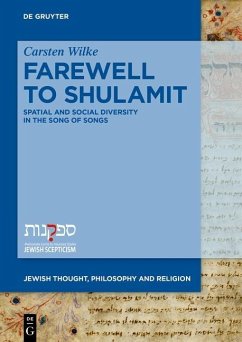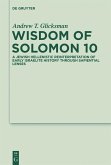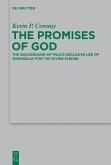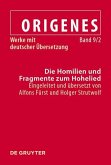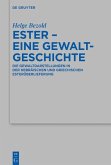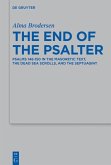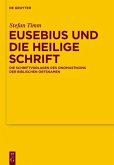The Song of Songs, a lyric cycle of love scenes without a narrative plot, has often been considered as the Bible's most beautiful and enigmatic book. The present study questions the still dominant exegetical convention that merges all of the Song's voices into the dialogue of a single couple, its composite heroine Shulamit being a projection screen for norms of womanhood. An alternative socio-spatial reading, starting with the Hebrew text's strophic patterns and its references to historical realia, explores the poem's artful alternation between courtly, urban, rural, and pastoral scenes with their distinct characters. The literary construction of social difference juxtaposes class-specific patterns of consumption, mobility, emotion, power structures, and gender relations. This new image of the cycle as a detailed poetic frieze of ancient society eventually leads to a precise hypothesis concerning its literary and religious context in the Hellenistic age, as well as its geographical origins in the multiethnic borderland east of the Jordan. In a Jewish echo of anthropological skepticism, the poem emphasizes the plurality and relativity of the human condition while praising the communicative powers of pleasure, fantasy, and multifarious Eros.
Dieser Download kann aus rechtlichen Gründen nur mit Rechnungsadresse in A, B, BG, CY, CZ, D, DK, EW, E, FIN, F, GR, HR, H, IRL, I, LT, L, LR, M, NL, PL, P, R, S, SLO, SK ausgeliefert werden.
"Wilke makes a sound and well-structured argument and certainly opens up the Song for further debate. He has appraised the often overlooked anomalies in time and space as well as gender. He has carried forward the work of Exum and Brenner, who encouraged searching for a presence of diversity within the text. Wilke achieves this admirably, and this work will surely form the basis for a renewed appraisal of the Song in a Hellenistic setting."
Susan Sorek in: Bryn Mawr Classical Review 2017.10.53
"Der hochinteressanten Studie gelingt es, kritische Theorie und hellenistische Parallelen mit dem Hohelied ins Gespräch zu bringen. [...] Die faszinierende und bedenkenswerte Studie ist ein gewichtiger Beitrag zu der Frage, wie sehr das jüdische Leben von hellenistischer Kultur beeinflusst gewesen sein konnte." Anselm C. Hagedorn in: Zeitschrift für die alttestamentliche Wissenschaft 2019, 131(3), 535
Susan Sorek in: Bryn Mawr Classical Review 2017.10.53
"Der hochinteressanten Studie gelingt es, kritische Theorie und hellenistische Parallelen mit dem Hohelied ins Gespräch zu bringen. [...] Die faszinierende und bedenkenswerte Studie ist ein gewichtiger Beitrag zu der Frage, wie sehr das jüdische Leben von hellenistischer Kultur beeinflusst gewesen sein konnte." Anselm C. Hagedorn in: Zeitschrift für die alttestamentliche Wissenschaft 2019, 131(3), 535

